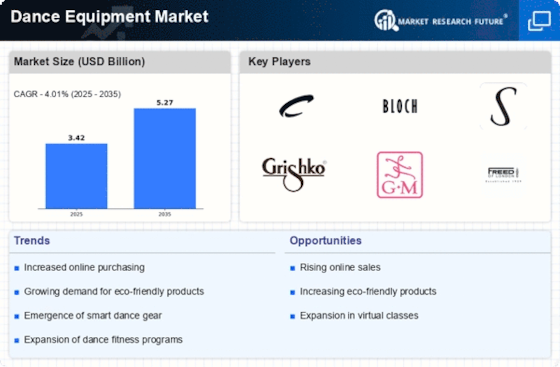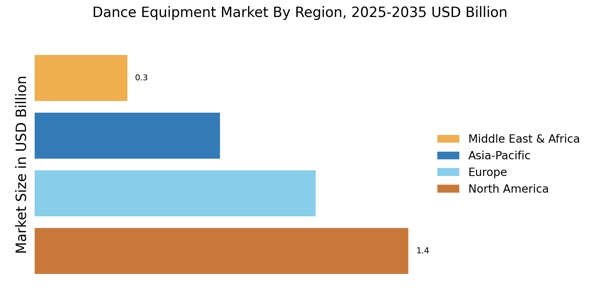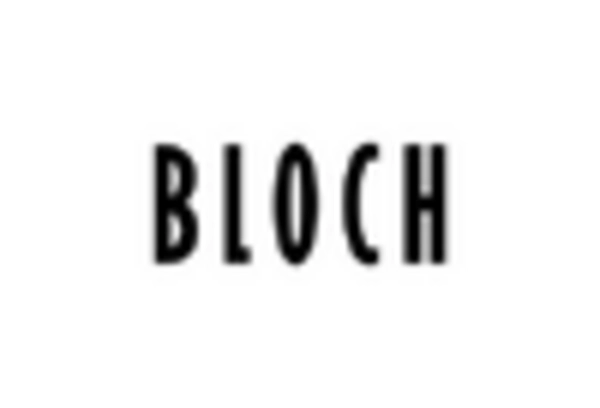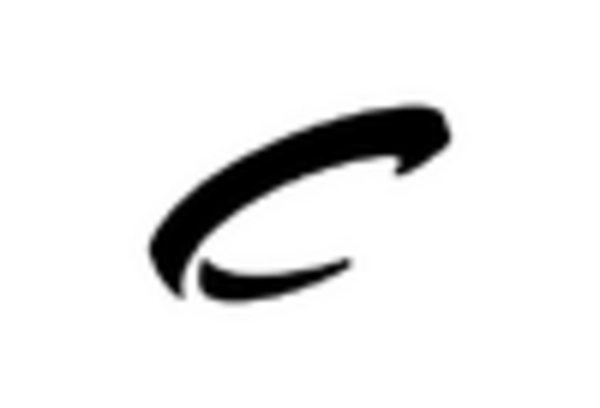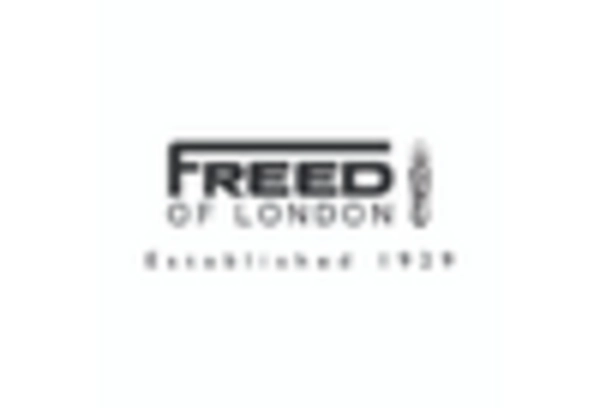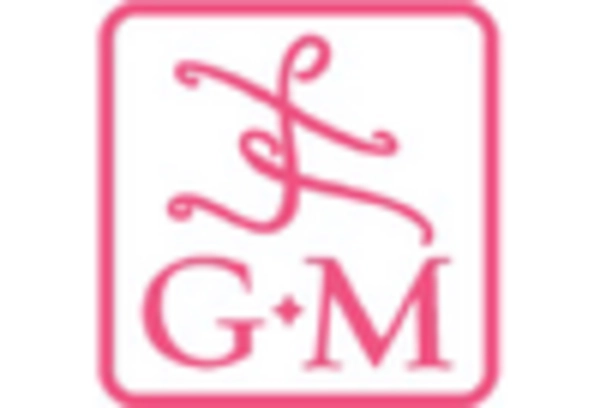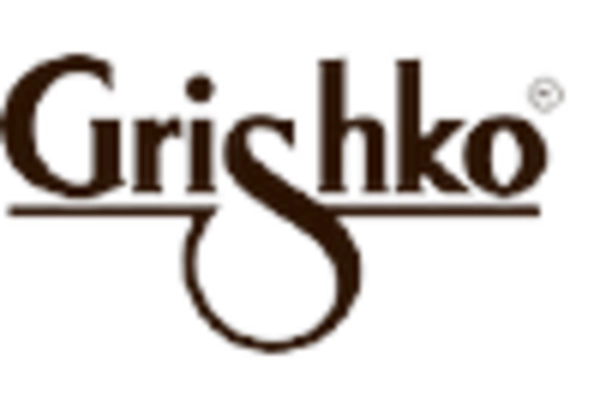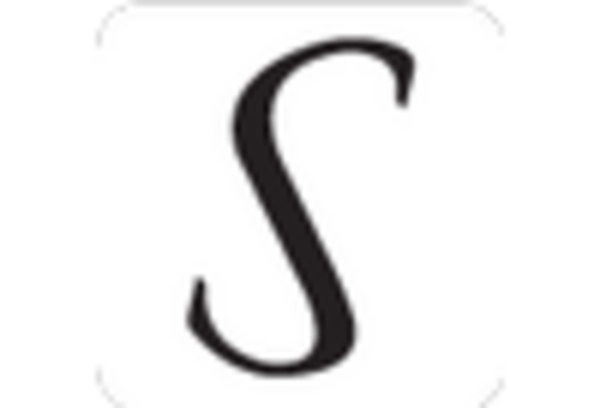Emergence of Dance Competitions and Events
The dance equipment Market is significantly influenced by the emergence of dance competitions and events, which have gained immense popularity in recent years. These competitions, ranging from local showcases to international championships, create a heightened demand for specialized dance equipment. Participants often seek high-quality shoes, costumes, and props to enhance their performance and stand out in competitions. The number of dance competitions has reportedly increased by over 25% in the last five years, indicating a robust growth trajectory. This trend not only stimulates sales but also encourages brands to develop innovative products tailored for competitive dancers. As the competitive dance scene continues to flourish, the Dance Equipment Market is poised for sustained growth, driven by the need for performance-enhancing gear.
Growing Interest in Dance Fitness Programs
The Dance Equipment Market is benefiting from the growing interest in dance fitness programs, which combine traditional dance styles with fitness routines. Programs such as Zumba and Dance Cardio have gained traction, attracting individuals seeking enjoyable ways to stay fit. This trend has led to an increase in the demand for dance fitness equipment, including shoes, mats, and instructional materials. Recent surveys indicate that nearly 20% of fitness enthusiasts participate in dance-based workouts, highlighting the potential for market expansion. As fitness centers and studios incorporate dance fitness into their offerings, the Dance Equipment Market is likely to experience a boost in sales, driven by the need for specialized equipment that enhances the dance fitness experience.
Increased Participation in Dance Activities
The Dance Equipment Market experiences a notable surge in demand due to the rising participation in dance activities across various age groups. This trend is driven by an increasing awareness of the physical and mental health benefits associated with dance. According to recent statistics, approximately 30% of individuals aged 18 to 34 engage in dance-related activities, which has led to a corresponding increase in the purchase of dance equipment. As more people recognize dance as a viable form of exercise and self-expression, the market for dance shoes, apparel, and accessories is likely to expand. This growing interest in dance not only fuels sales but also encourages manufacturers to innovate and diversify their product offerings, thereby enhancing the overall landscape of the Dance Equipment Market.
Technological Advancements in Dance Equipment
The Dance Equipment Market is witnessing a wave of technological advancements that are transforming the way dance equipment is designed and utilized. Innovations such as moisture-wicking fabrics, shock-absorbing soles, and customizable features are becoming increasingly prevalent in dance shoes and apparel. These advancements not only enhance performance but also improve comfort and safety for dancers. Market analysis indicates that the demand for technologically advanced dance equipment has increased by approximately 15% over the last year, as consumers seek products that offer superior functionality. As manufacturers continue to invest in research and development, the Dance Equipment Market is expected to evolve, with new technologies shaping the future of dance gear.
Influence of Social Media and Online Platforms
The Dance Equipment Market is increasingly shaped by the influence of social media and online platforms, which serve as powerful tools for promoting dance culture and products. Platforms such as Instagram and TikTok have become popular venues for dancers to showcase their skills, leading to a surge in interest in dance-related content. This visibility translates into increased demand for dance equipment, as aspiring dancers seek to emulate their favorite influencers. Market data suggests that online sales of dance equipment have risen by approximately 40% in the past year, reflecting the impact of digital marketing strategies. As social media continues to play a pivotal role in shaping consumer behavior, the Dance Equipment Market is likely to see further growth driven by online engagement and targeted advertising.


